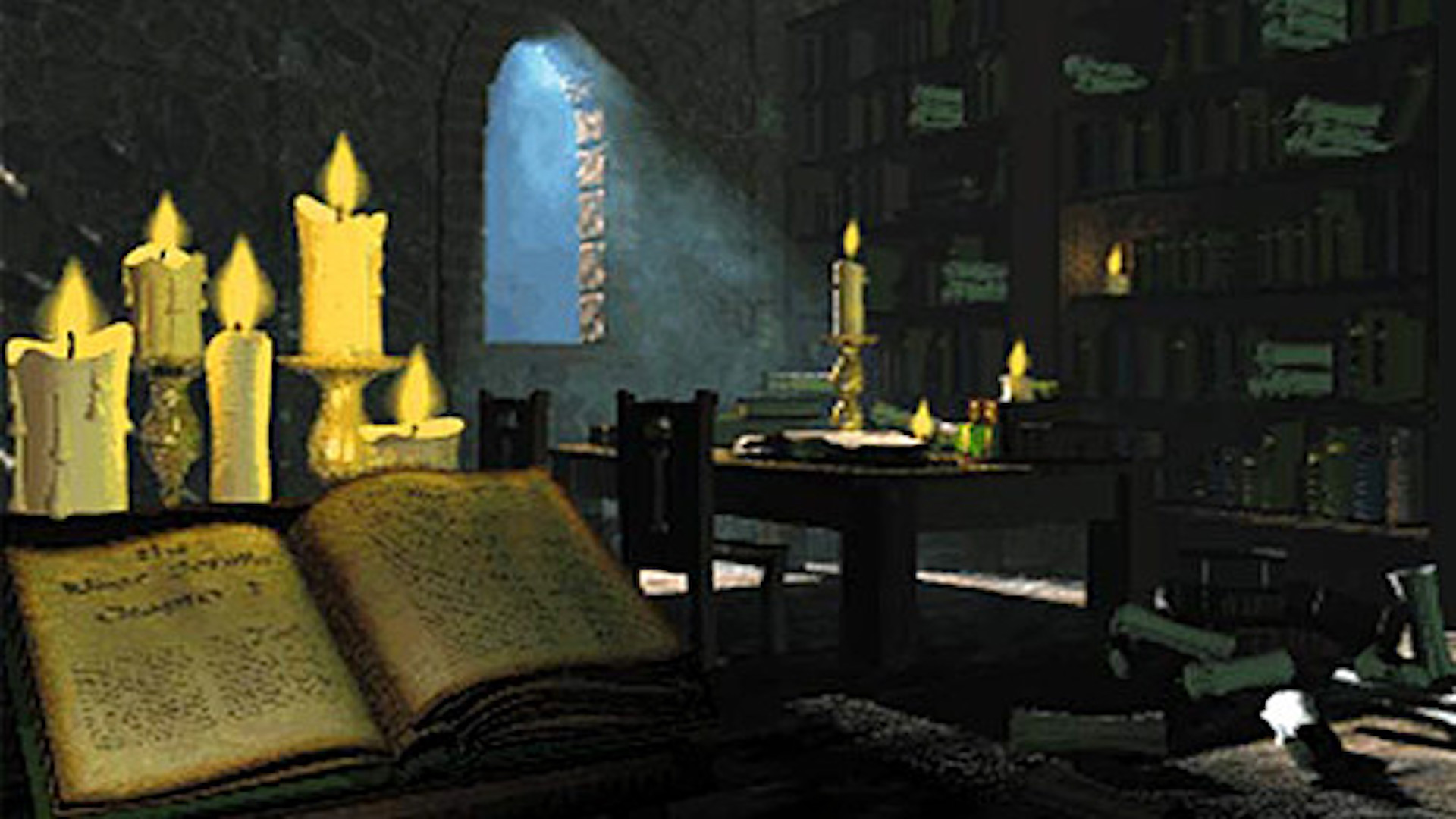
The Elder Scrolls 2: Daggerfall, launched back in 1996, was the 2nd installation in what took place to end up being Bethesda’s precious, genre-defining RPG collection, yet it seems like it was a specifically difficult one to leave the launch pad – which if it hadn’t integrated it might have indicated completion of the workshop itself.
That’s according to a current meeting with previous Bethesda dev Bruce Nesmith (ingrained listed below), whose lengthy occupation at the workshop consisted of duties as lead developer on The Elder Scrolls V: Skyrim and developer on Daggerfall. In feedback to job interviewer Ben Hanson’s concern concerning whether, if the job hadn’t integrated, it may have indicated completion of The Elder Scrolls, Nesmith cases, “It’s not just the end of Elder Scrolls, it was potentially the end of Bethesda.”
“The company had poured huge amounts of resources into it,” Nesmith takes place to clarify. “There were opportunity costs involved because it was a very, very, very small studio, and so the fact that you can’t make another game because this is coming out – that really, really, really, really hurts.”
Elsewhere in the conversation, Nesmith assesses the launch of The Elder Scrolls 2 as “brutal” and concurs that it was “without any doubt” the hardest of his occupation. “[There were] close to 18 months’ worth of crunch,” he declares. “I mean, that’s just not sustainable. And then to release a game in the state it was released in? You know, we had admins screaming at us on a daily and weekly basis. If you weren’t putting in 60 hours minimum, your job was in danger. It was bad.” He after that includes: “It didn’t help that we kind of believed in the game but could at the same time see what a mess it was.”
While Daggerfall released to critical acclaim, it did without a doubt struggle with a reasonable couple of pests to stomp out, as Bethesda supervisor and exec manufacturer Todd Howard has touched on before, discussing that the workshop launched 7 spots and also had a committed spot group – a rather large offer back at night ages of the mid-to-late-’90s. It appears the group’s enthusiasm and feeling of the capacity in Daggerfall drew them via to the goal, however, as Nesmith takes place to clarify.
“If all you did was see was a mess, it’d be like, ‘toodles! I’ve got other places to be!’ But you look at it and you’re like, ‘this game could be amazing and awesome. It just needs more, and so you just kept committing yourself more.” Given Daggerfall’s amazing range, with hundreds of cities, communities, towns, and dungeons to check out, and innovative technique to the RPG category in the liberty it offered to gamers, it’s not difficult to picture exactly how tough it needs to have been to go out the door, yet likewise the enthusiasm devs should have really felt concerning it arriving.
Chuckling as he assesses exactly how he ended up being the best man to talk with for tales concerning exactly how challenging points utilized to be establishing the game back then, Nesmith giggles that it’s “strange because Todd has all the same stories. And probably a number that I don’t.” 2002’s follow-up The Elder Scrolls III: Morrowind dealt with a few of the comparable fears as its precursor, it appears, with Howard explaining in 2019 that that game had “a very difficult crunch” which “there was this sense that if we don’t get the game done, and done well, we would be in trouble. Because it was kind of our last shot and our first shot, if that makes sense.”
The remainder, as they state, however, is background. Daggerfall made it, Morrowind likewise released to critical and commercial success, and Bethesda took place to launch the stupendously effective Skyrim – you may have become aware of it – along with The Elder Scrolls 4: Oblivion, Fallout 4, and most just recently sci-fi stunning Starfield (which GamesRadar+ scored a 5/5 in its review) to name a few. The head of Xbox Studios – which has actually considering that obtained Bethesda – Matt Booty has said that the Starfield workshop no more has a “problem society”. That was echoed by Howard in a 2019 meeting in which he stated the workshop has “gotten much, much better at it, so now we’re at the point where we can really manage it, and we have enough people to move them between it, and I think that’s why people stay here.” Nesmith likewise praises Bethesda for its technique to aiding devs reenergize in between jobs somewhere else in the meeting.
Nesmith likewise discusses Skyrim’s influence, claiming that even more than GTA 3, Skyrim “proved to the world that open-world games were the place to be”.
Source: gamesradar.com


